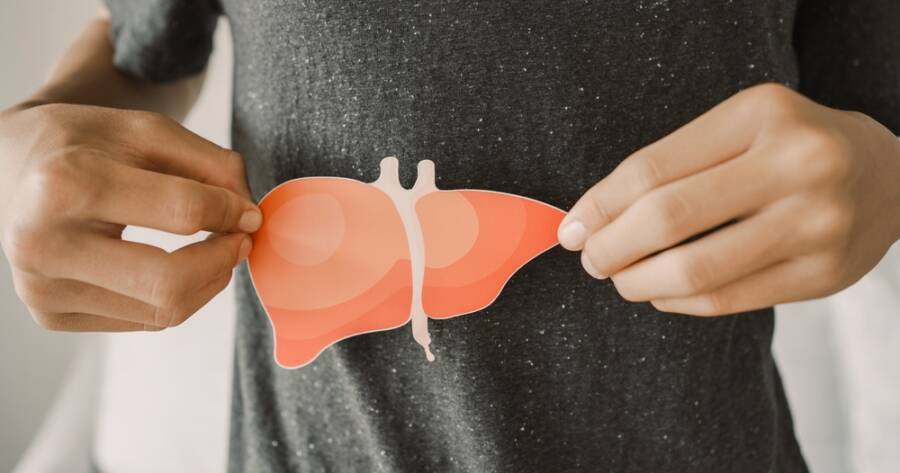The emergence of Durvalumab (Imfinzi) in liver cancer treatment marks a significant advancement, particularly when used in combination with Tremelimumab (Imjudo), yielding notable survival benefits for those with unresectable hepatocellular carcinoma. Clinical trials highlight the efficacy of this combination, showcasing promising survival rates and an acceptable safety profile. This treatment paves the way for personalized cancer care, redefining therapeutic strategies in liver cancer management.
Understanding Durvalumab (Imfinzi) in Liver Cancer Treatment
In recent years, Durvalumab (Imfinzi) has emerged as a key player in the landscape of liver cancer treatment. Its role, especially when combined with Tremelimumab (Imjudo), has demonstrated significant survival benefits for patients with unresectable hepatocellular carcinoma (HCC) as reported by the HIMALAYA trial. This combination represents a promising stride in improving outcomes for patients who face the challenge of advanced liver cancer.
Clinical Efficacy of the Durvalumab and Tremelimumab Combo
The HIMALAYA trial highlighted that one in four patients treated with the durvalumab and tremelimumab combination survived four years. The STRIDE regimen, which involves a Single Tremelimumab Regular Interval Durvalumab dosing strategy, showcased a median overall survival of 16.4 months in comparison to 13.8 months for the standard treatment with sorafenib. This translates to a 22% reduction in the risk of death, emphasizing the potential of the STRIDE regimen to become a new standard of care.
Long-Term Benefits and Safety Profile
Long-term data further supports the effectiveness of the durvalumab and tremelimumab combination. At 48 months, the survival rate for the STRIDE regimen stood at 25.2%, compared to 15.1% for sorafenib, positioning it as a viable alternative for those with advanced liver cancer.
Safety is a pivotal concern in cancer treatments, and the combination’s safety profile aligns with known drug characteristics. Although 17.5% of STRIDE regimen patients experienced grade 3/4 treatment-related adverse effects, this was considered an acceptable risk given the overall survival benefits detailed in the study.
Regulatory Approvals and Implications
The combination has earned approval in various regions, including the FDA’s endorsement in October 2022 and Japan’s Ministry of Health, Labour, and Welfare in December 2022. These regulatory green lights emphasize the global recognition of this regimen as a significant therapeutic option.
Eligibility criteria established during the HIMALAYA trial require patients to have a confirmed diagnosis of HCC, be 18 or older, and have no prior systemic therapy to ensure effective treatment outcomes.
Potential of Durvalumab in Liver Cancer Management
The progress seen with the durvalumab and tremelimumab combination offers hope for continued advancements in liver cancer management. It demonstrates the importance of personalized treatment plans to optimize outcomes.
As more data becomes available, healthcare providers aim to refine strategies for integrating these therapies into standard treatment protocols, potentially improving quality of life and long-term survival for patients with challenging liver cancer profiles.
Learn More About Liver Cancer Treatments Today
Exploring the benefits of Durvalumab and Tremelimumab in treating liver cancer today can significantly impact patient care pathways and outcomes. By understanding these advancements, caregivers and patients can make informed decisions about available treatment options.
Continued study and dissemination of up-to-date information are crucial for advancing therapeutic approaches and paving the way for further innovations in cancer treatment.



